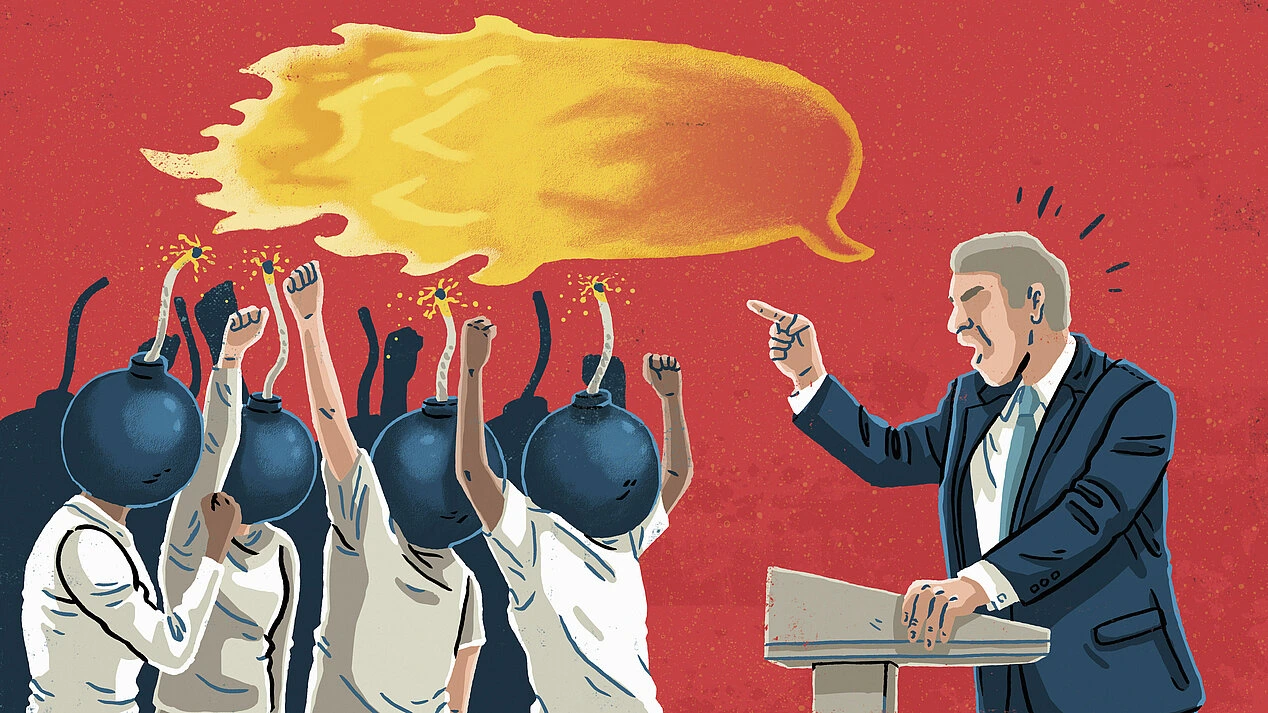
The Cult of the Celebrity-Politician: Why Charisma is South Asia’s Greatest Democratic Threat
South Asia’s democracies are being hollowed out by the cult of celebrity-politicians. Charisma is eclipsing competence, leaving institutions weakened.

South Asia’s democracies are being hollowed out by the cult of celebrity-politicians. Charisma is eclipsing competence, leaving institutions weakened.
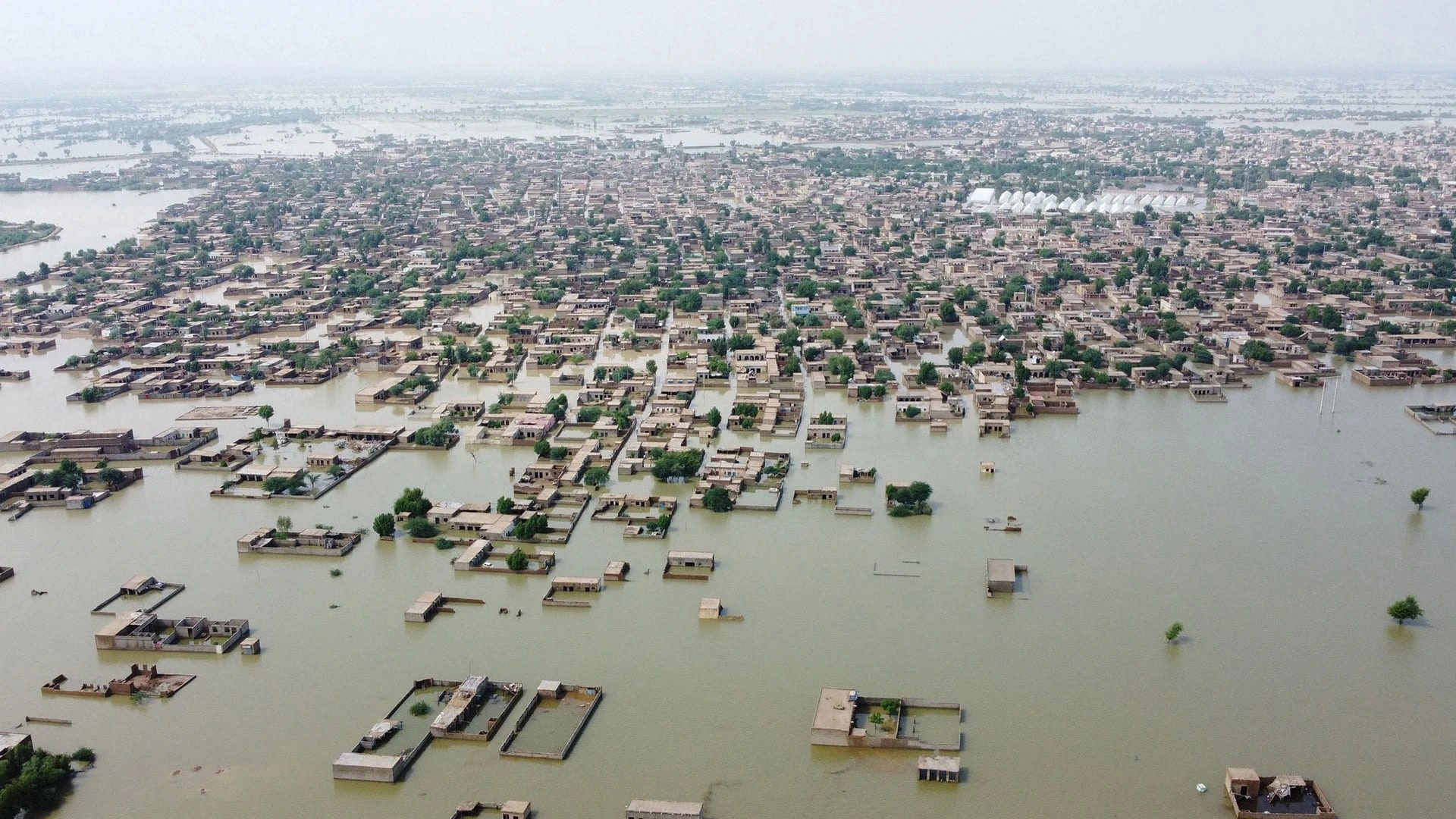
Pakistan’s devastating floods have exposed a systemic failure of outdated water infrastructure. Without urgent investment in modern dams, flood canals, and climate adaptation, the country will remain locked in a cycle of annual destruction. Learning from international models and pursuing cooperative management of shared rivers with India is vital to building a secure and resilient future.
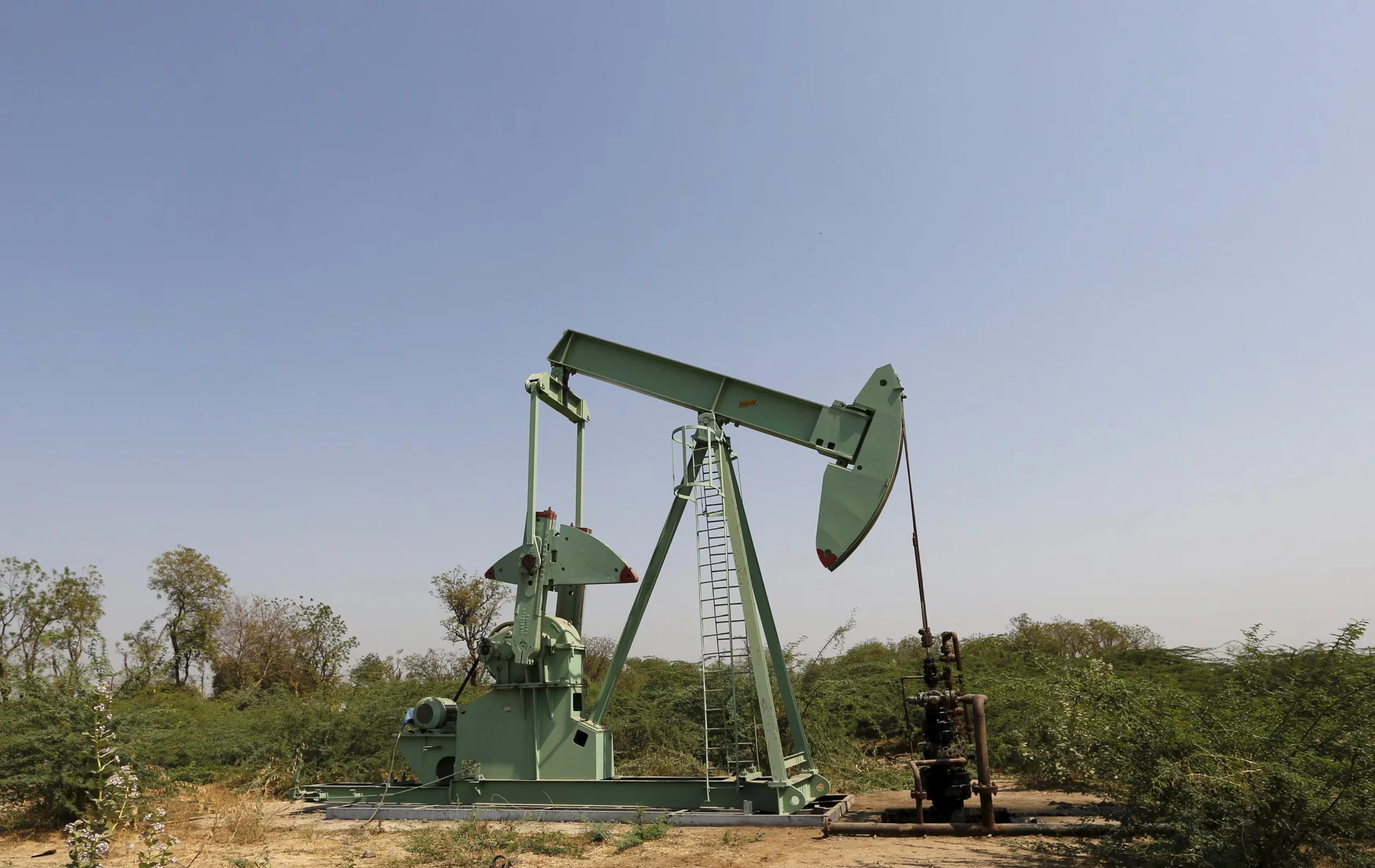
India’s long-standing strategy of balancing ties with Washington and Moscow has unraveled. Sweeping US tariffs on Indian exports signal that New Delhi’s ambiguous stance on Russian oil is no longer sustainable, with severe economic and diplomatic consequences that could reshape its foreign policy trajectory.
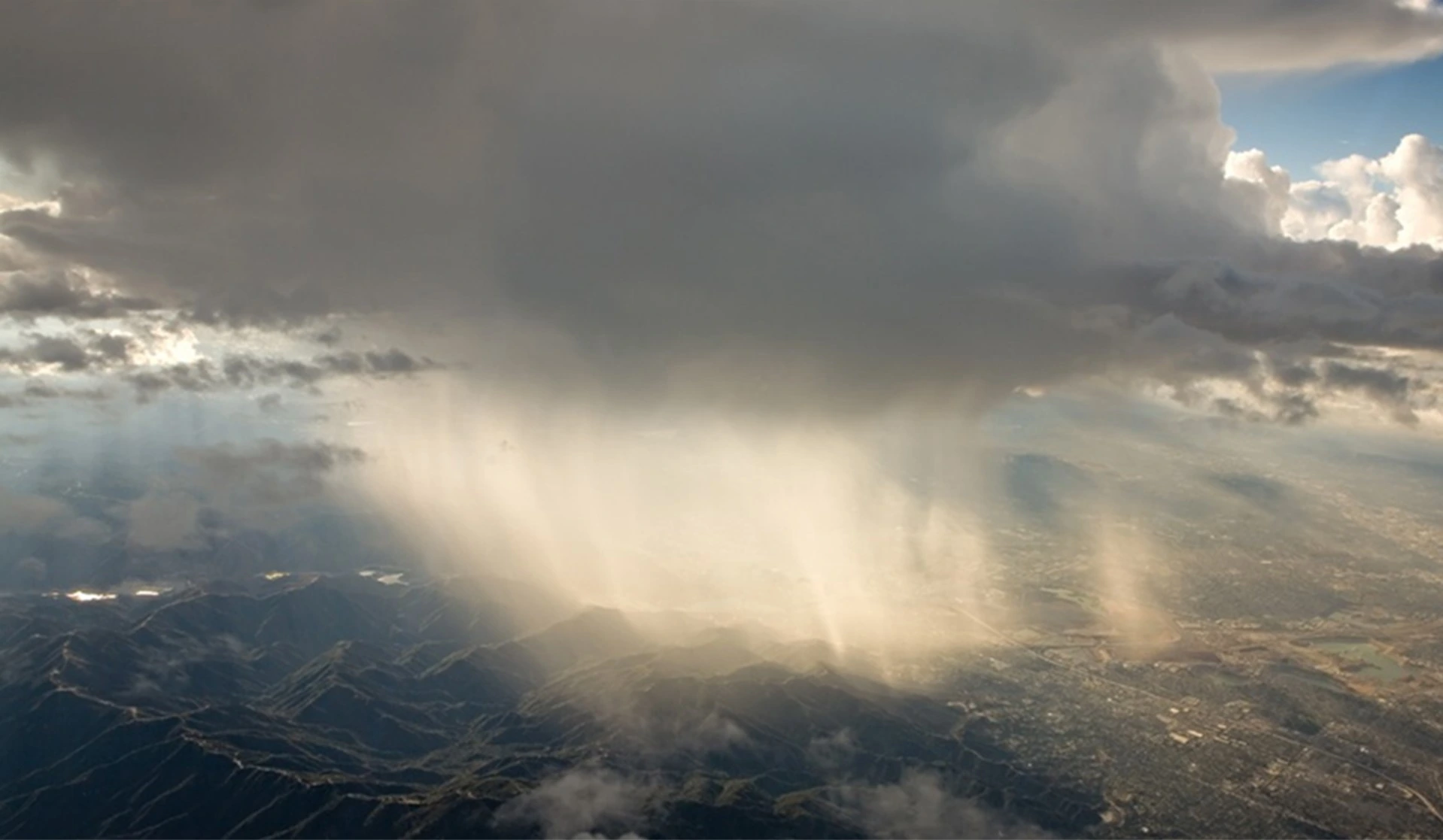
Climate change is reshaping life in Azad Jammu and Kashmir, from melting glaciers and cloudbursts to devastating floods. Beyond economic losses, these disasters are leaving deep psychological scars, with rising cases of PTSD, depression, and chronic stress. Yet, awareness of the mental health toll remains scarce, underscoring the urgent need for community resilience and mental health support in AJK.
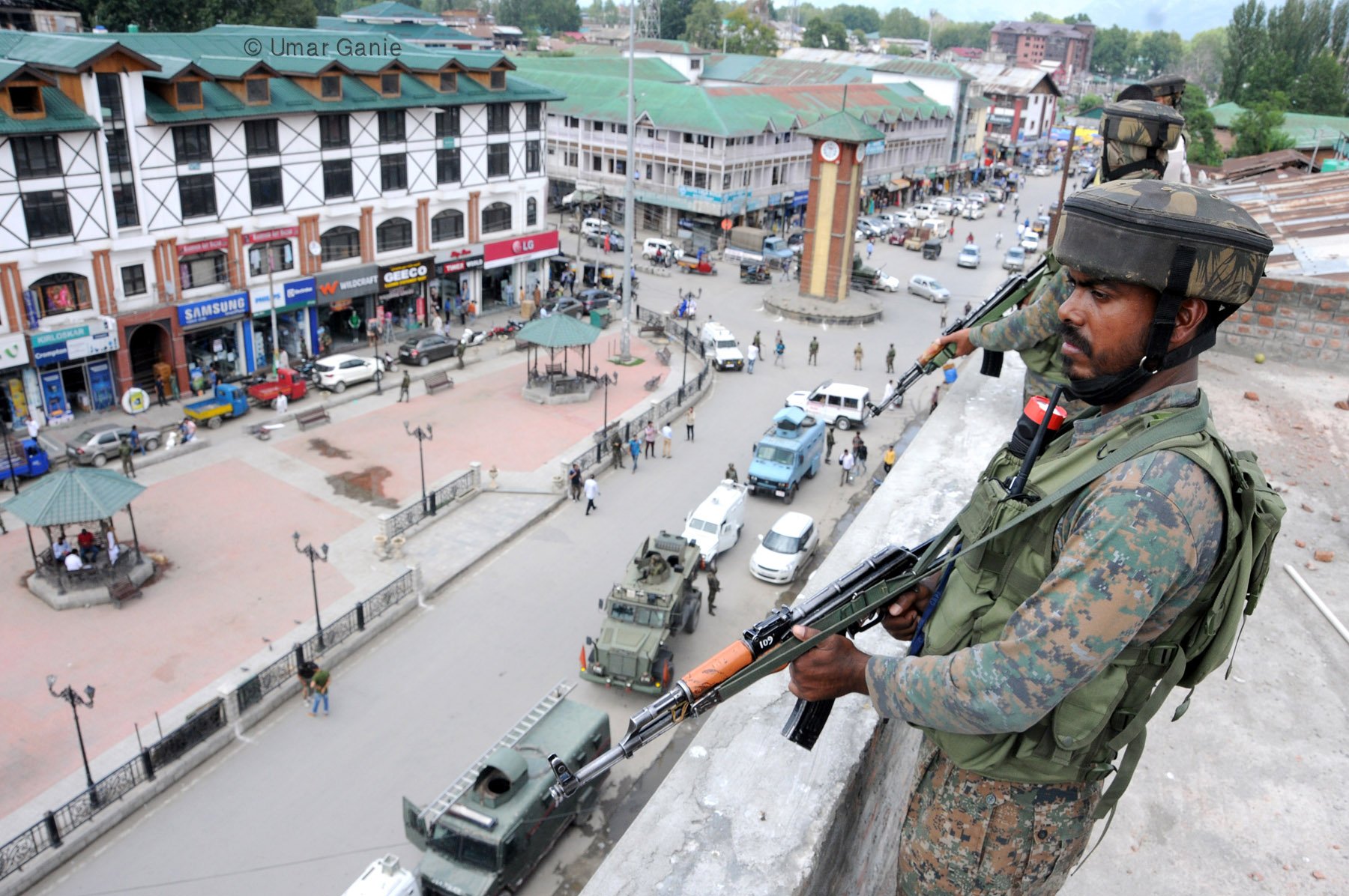
Operation Sindoor has revived international focus on Kashmir, undermining India’s assumption of global indifference and boosting Pakistan’s diplomatic efforts.

India’s May 2025 cross-border strike, Operation Sindoor, is framed as legitimate self-defense under international law. In reality, it was an unlawful act of aggression without evidence, setting a perilous precedent that undermines sovereignty and fuels instability in South Asia.
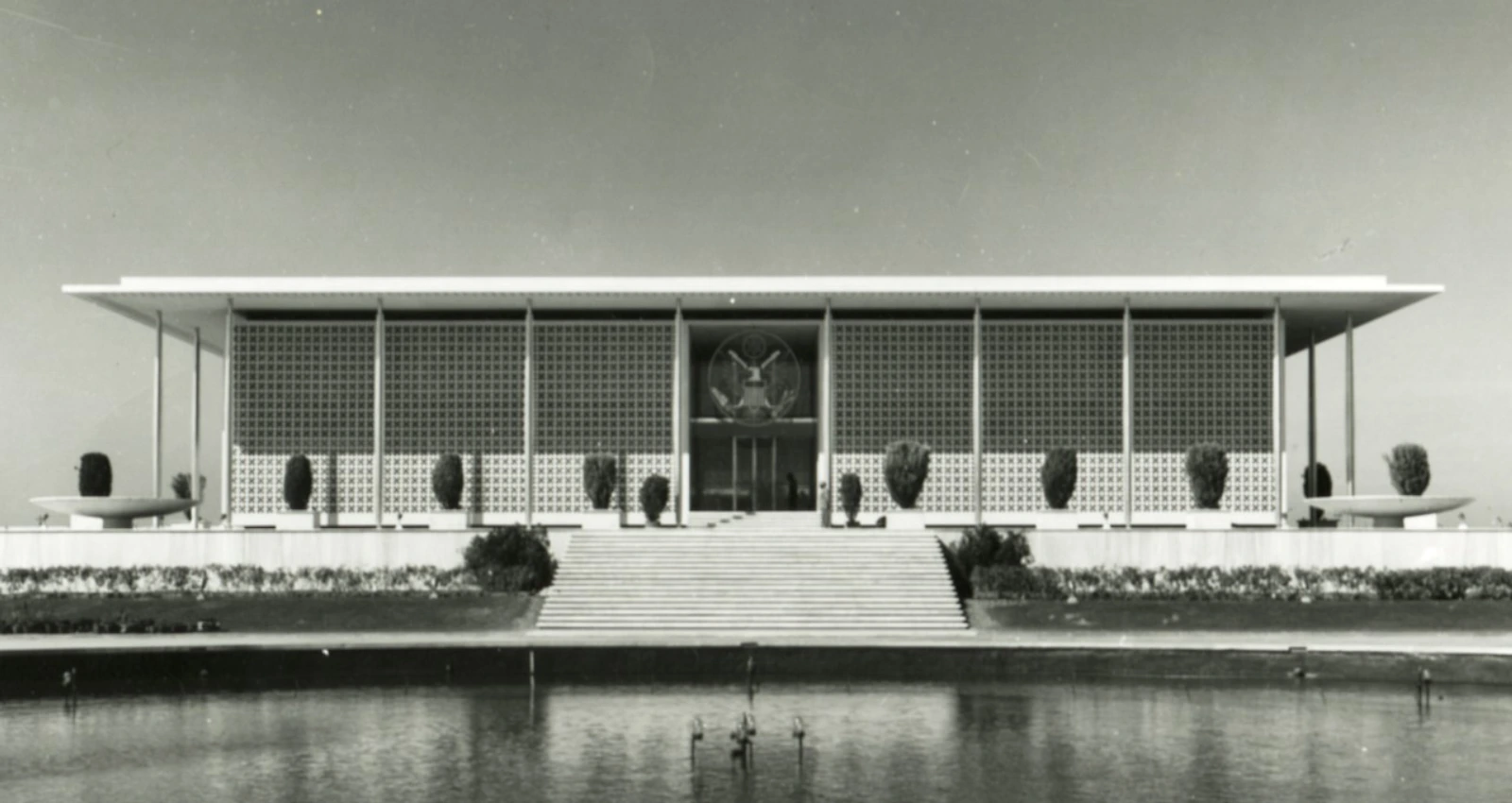
The nomination of Sergio Gor as USS ambassador to India signals a major strategic shift. More than a diplomatic appointment, it marks Washington’s revival of Cold War-era thinking, with Gor tasked to manage South Asia through a lens of loyalty, security, and transactional politics.
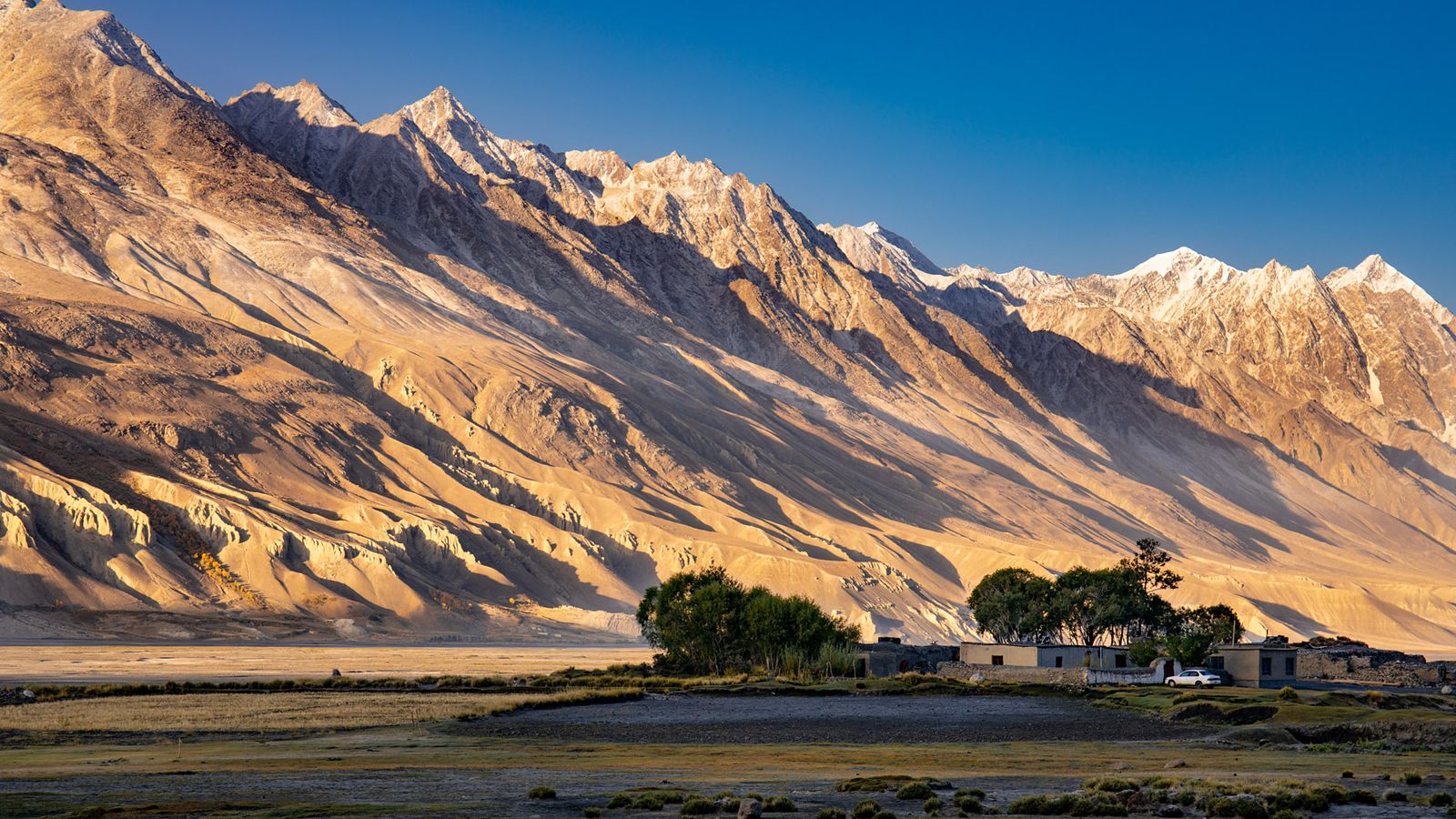
Since the Taliban’s return in 2021, Afghanistan has plunged into isolation, economic collapse, and humanitarian disaster. Security threats from ISKP, worsening poverty, healthcare breakdown, the rollback of women’s rights, and mass displacement have left millions facing unprecedented hardship.
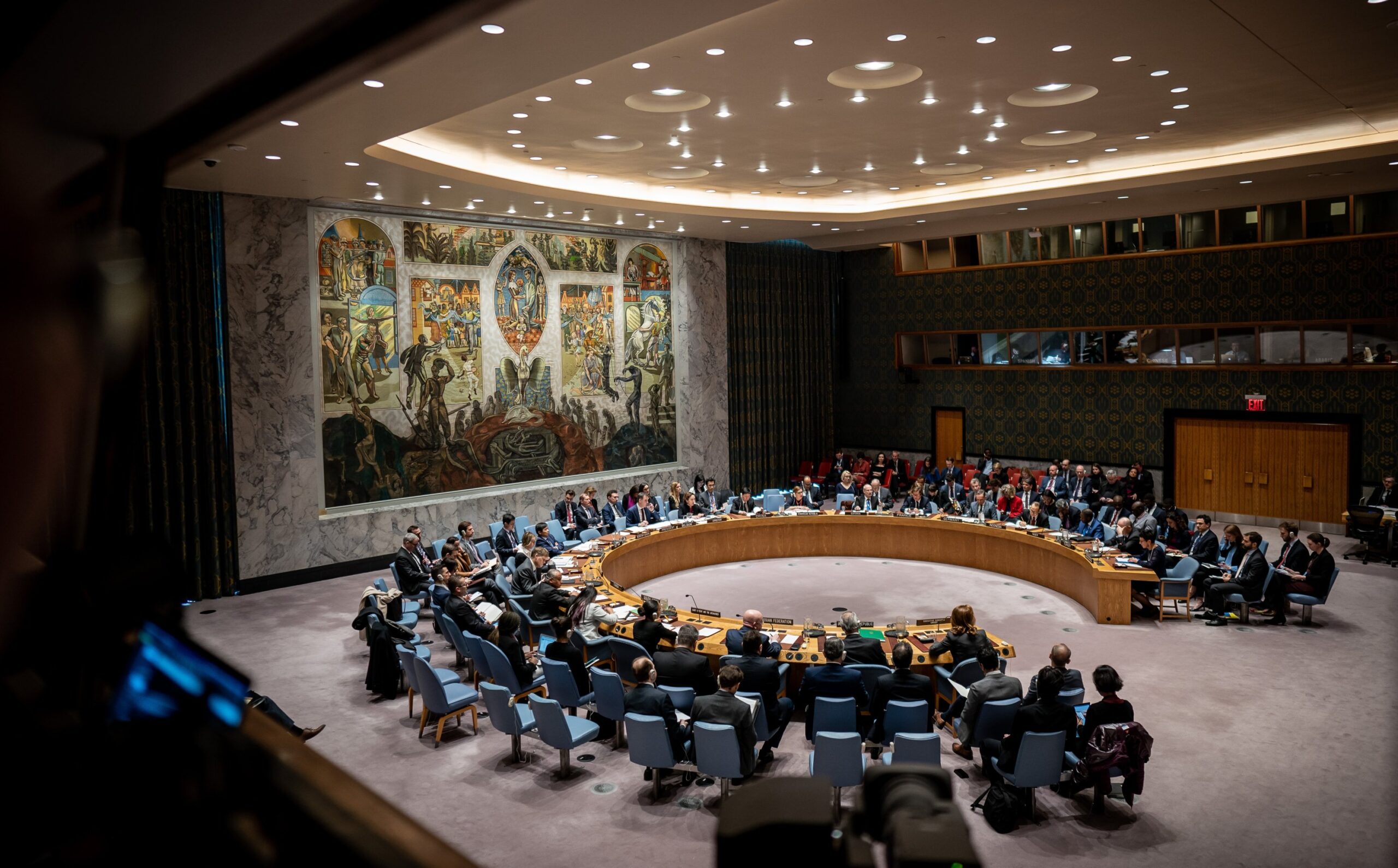
At the UN Security Council, Pakistan’s envoy delivered a powerful critique of the global counterterrorism framework. Citing its sacrifices, he warned of new threats from Afghanistan, state-sponsored violence, and digital radicalization. His call: a principled, unified, and consistent global response.
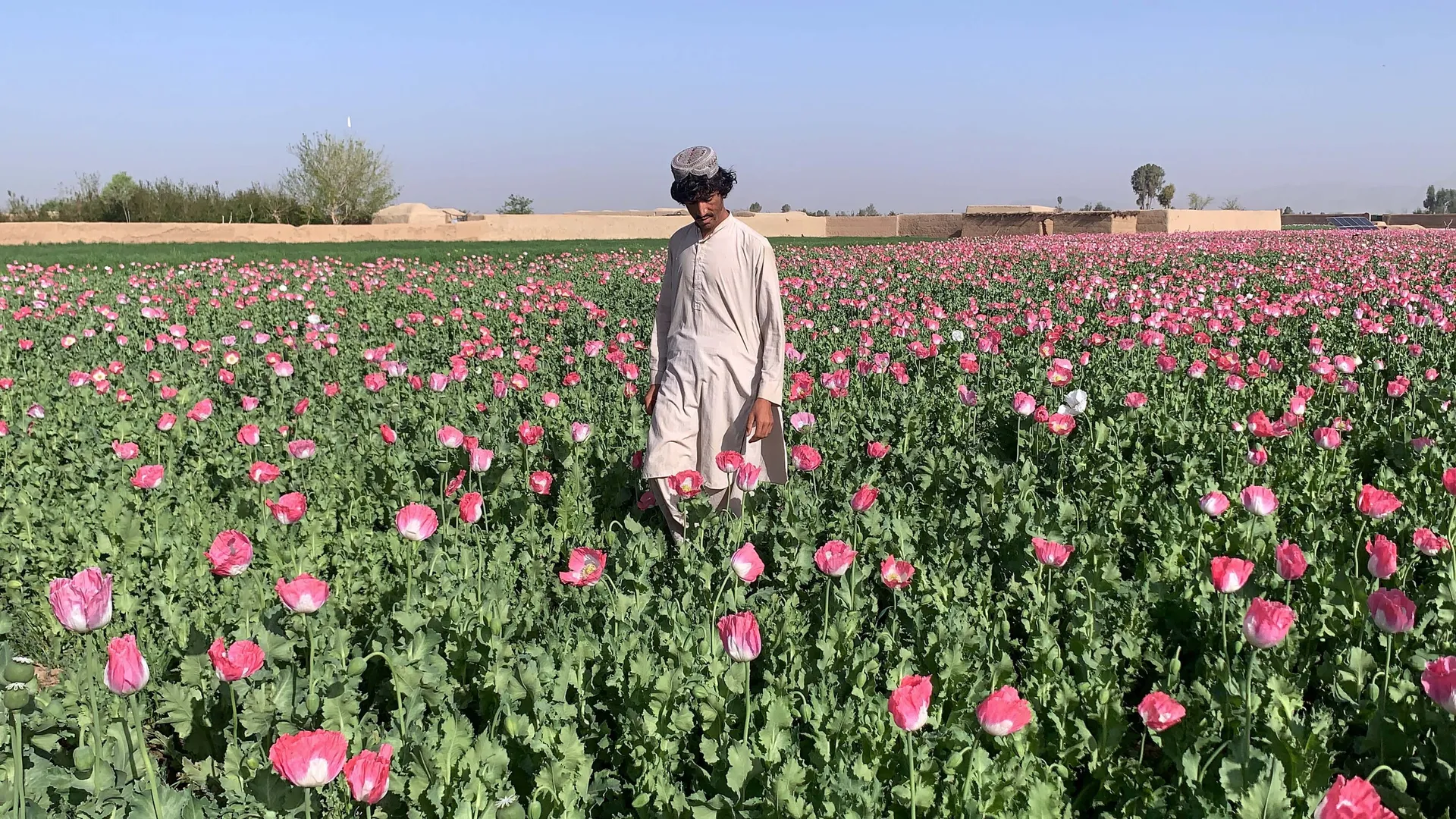
Afghanistan’s descent into chaos has transformed into a global crisis, driven by terrorism, narcotics, and human suffering. Since the Taliban’s return, the country has re-emerged as a dangerous incubator for extremist groups and a global hub for narcotics production, creating a vicious cycle that threatens regional stability and international security alike.